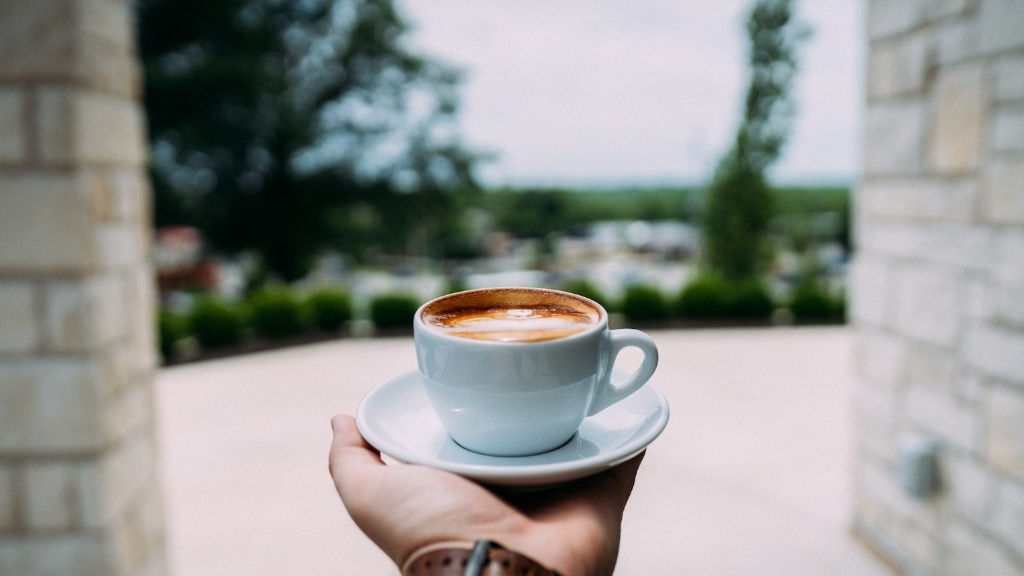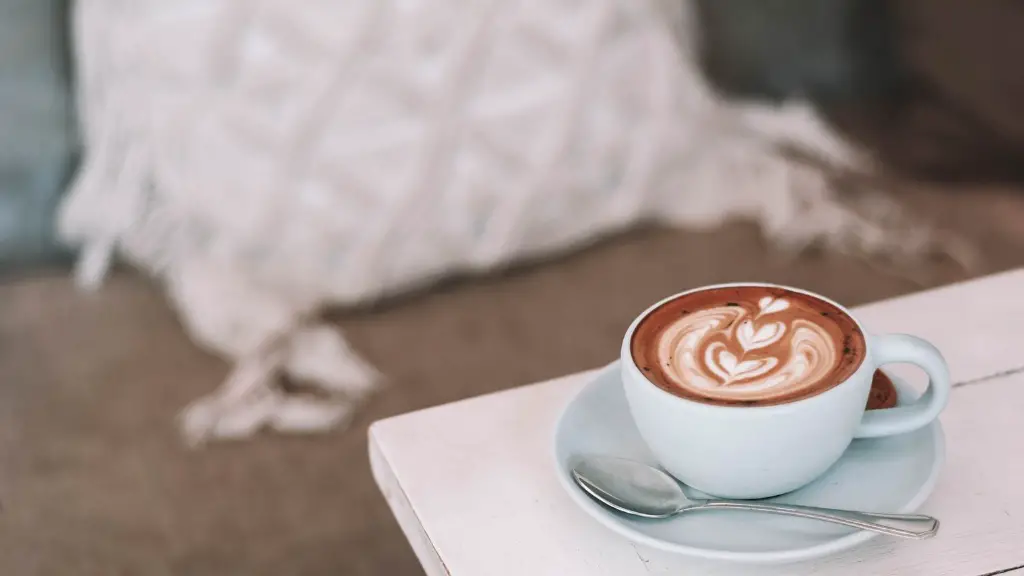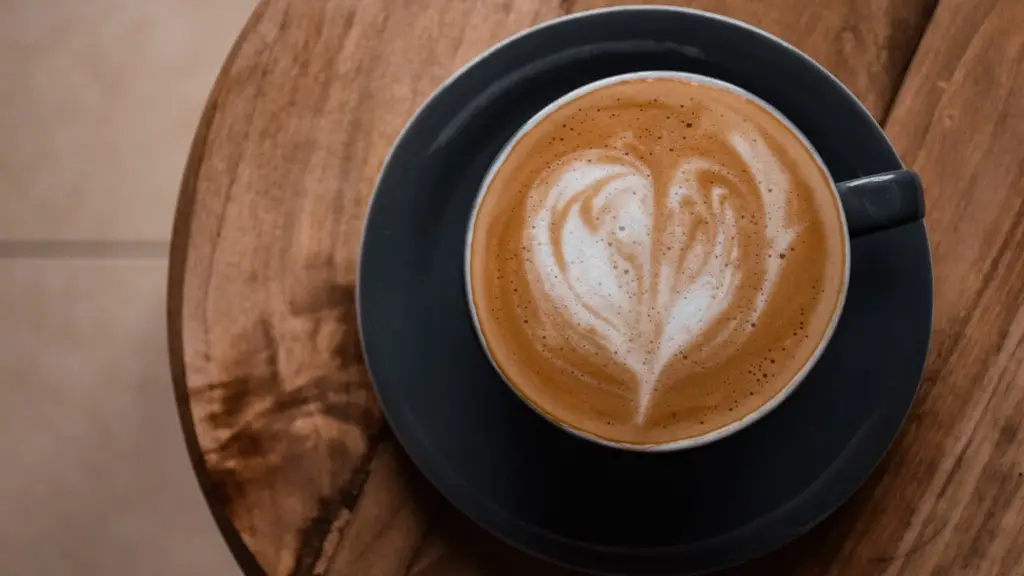For many years, coffee has been regarded as a source of comfort and pleasure. Many people enjoy a hot cup of coffee during stressful times or to unwind and relax. However, when it comes to drinking coffee while on your period, the question of whether or not it’s a good idea is not so clear-cut. There is conflicting advice from health professionals when it comes to drinking coffee during your period, so it is important to consider the potential risks and benefits of doing so.
The caffeine in coffee can act as a stimulant, which may give you an energy boost to help you get through the day. It also has the potential to reduce fatigue and lethargy, both of which can be exacerbated during your period. Caffeine may also help alleviate headaches and other menstrual cramps, as well as reducing menstrual bloating.
However, experts advise that drinking coffee while on your period should be done in moderation. Caffeine is a diuretic, meaning that it can cause the body to lose excess fluid, thus leading to dehydration. Dehydration can make menstrual cramps worse, and can also make symptoms such as fatigue and mood swings more pronounced. Drinking too much coffee can also disrupt the body’s natural cortisol levels, which can cause further mood and energy fluctuations.
It is also important to consider what you add to your coffee. Sugary syrups, full-fat dairy and caffeinated sodas can all contribute to an unhealthy diet, and can also contribute to bloating and weight gain, which can be further exaggerated during your period. Additionally, certain ingredients in coffee may act as a laxative, which could further aggravate the bloating and other symptoms associated with periods.
In conclusion, drinking coffee while on your period can be beneficial, providing that it is done in moderation and with ingredients that do not contribute to further physical and health problems. Ultimately it is important to pay attention to how your body is reacting to the caffeine and adjust your consumption accordingly. Lastly, it is important to keep in mind that everyone is different, and your decision to drink coffee during your period should be based on your own individual needs and preferences.
Diet During Period
It is important to pay attention to what you are eating while on your period. It can be tempting to turn to comfort food during menstruation, but it is best to choose nutritious meals and snacks that will provide your body with the energy and nutrients it needs. Eating a healthy and balanced diet during your period can help reduce irritability, fatigue and cravings. Eating plenty of fibre-rich foods, including fruits, vegetables, whole grains, nuts and seeds, can also help reduce bloating and improve digestion. Additionally, it is important to pay attention to how much caffeine you are consuming and make sure to drink enough water to stay hydrated.
Exercise During Period
Exercising during your period can be beneficial for both mental and physical health. Exercise helps to improve mood and relieve stress and anxiety, and can also reduce bloating, cramping and headaches. Additionally, exercising regularly has been shown to result in shorter and lighter periods, as well as reducing the severity of menstrual symptoms. However, it is important to adjust your exercise routine according to your energy levels and fluctuating hormone levels during your period. Low-impact activities such as walking, swimming and yoga are often recommended for days when energy levels are low.
Herbal Remedies
Herbal remedies are often used to help alleviate the symptoms of menstrual cramps, bloating and other symtoms associated with periods. Commonly used herbs include chamomile, ginger, peppermint, lavender, and valerian. Heat is also a popular remedy for menstrual cramps, and can often be applied to your lower back, abdomen, or other areas that are experiencing pain. Additionally, many people find that using heating pads, hot water bottles, or taking hot showers or baths, can provide relief.
Alternative Therapies
Alternative therapies such as acupuncture and massage, can also help to alleviate the symptoms of period cramps and other period-related issues. Acupuncture has been shown to reduce menstrual pain and improve overall wellbeing, while massage can help to reduce stress, improve circulation and relax tense muscles. Additionally, many people find that engaging in mind-body activities such as meditation, yoga and tai chi, can help to reduce stress and anxiety, and improve overall wellbeing.
Painkillers
Painkillers such as ibuprofen and aspirin, can be effective in reducing menstrual cramps and other period-related pain. However, it is important to take painkillers with caution and be aware of any potential side effects. Additionally, some women find that prescription medications such as intravaginal Dienogest, and over the counter products such as vaginal suppositories, can be effective in reducing menstrual cramps.


